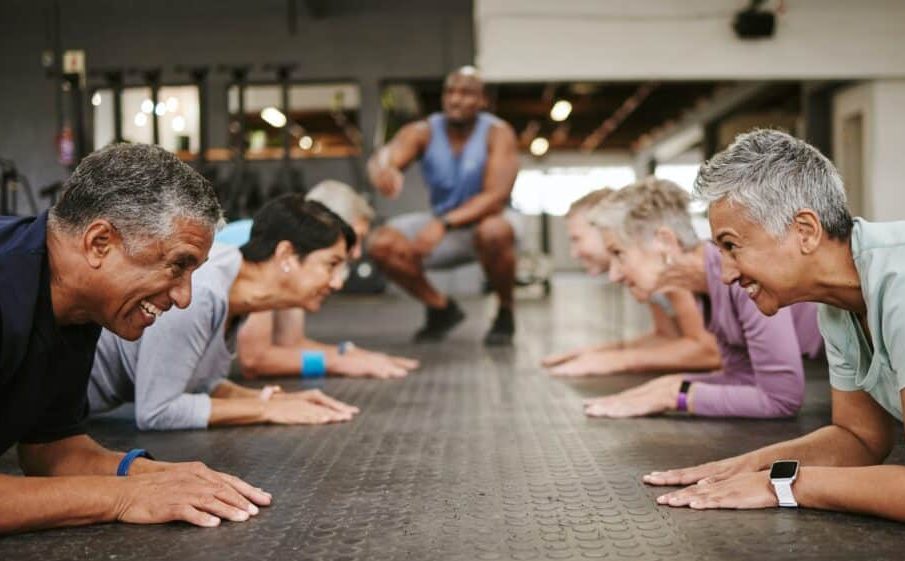How Exercise Can Aid in the Recovery Process

Recovery from addiction is a complex and multifaceted process, involving not just psychological healing but also physical rejuvenation. Among the many strategies employed to support this journey, exercise has emerged as a crucial component. This article delves into how physical activity can be a powerful tool in the recovery process, offering benefits that extend beyond mere physical health.
The Role of Exercise in Recovery
Physical Benefits
1. Improved Physical Health: Addiction can take a toll on the body. Exercise helps in repairing and rebuilding physical health by improving cardiovascular health, strengthening muscles, and boosting overall energy levels.
2. Better Sleep Patterns: Regular physical activity can normalize sleep patterns, which are often disrupted in individuals recovering from addiction. Better sleep enhances the body’s ability to heal and reduces the risk of relapse.
Psychological Benefits
1. Mental Health Improvement: Exercise is known to reduce symptoms of depression and anxiety, common challenges faced during recovery. It stimulates the release of endorphins, the body’s natural mood lifters, helping to alleviate feelings of sadness and anxiety.
2. Enhanced Cognitive Functions: Regular exercise has been shown to improve cognitive functions, such as memory, attention, and executive functioning, which can be compromised due to substance abuse.
Building a Healthy Routine
Incorporating exercise into one’s daily routine establishes a sense of structure, which is vital for individuals in recovery. This routine helps in replacing the time and energy previously devoted to addictive behaviors with positive and constructive activities.
Exercise as a Tool for Social Connection and Self-Esteem
1. Social Support: Group exercises or sports can offer a sense of community and belonging, crucial for individuals feeling isolated in their journey.
2. Improved Self-Esteem: Achieving fitness goals can significantly boost confidence and self-esteem, empowering individuals in their recovery journey.
Integrating Exercise into Recovery
Starting Small
It’s important to start with manageable goals. Gentle activities like walking, yoga, or swimming can be excellent starting points. Gradually increasing intensity and duration can help in building stamina and confidence.
Finding Enjoyable Activities
The key to sustaining an exercise routine is to find activities that are enjoyable. Whether it’s hiking, dancing, or a team sport, engaging in exercises that bring joy can significantly improve adherence to the routine.
Professional Guidance
It is advisable to seek professional guidance, especially in the initial stages. This could involve consulting a fitness trainer or a physical therapist, who can tailor a program that suits individual health needs and recovery goals.
Conclusion
Incorporating exercise into the recovery process is not just about improving physical health; it’s about nurturing mental well-being, building a supportive community, and rediscovering joy and confidence in one’s abilities. For those seeking a comprehensive approach to recovery, including therapeutic interventions and support, exploring options like drug rehab can be a significant first step. By combining professional guidance with the power of exercise, individuals on the path to recovery can find a balanced and holistic approach to healing and wellbeing.
For further reading and to understand the scientific underpinnings of exercise in addiction recovery, readers can explore resources like this article from the Journal of Addiction Research & Therapy and Harvard Health Publishing’s insights on exercise and mental health. These resources provide valuable information, affirming the role of exercise as an integral part of the recovery journey.











